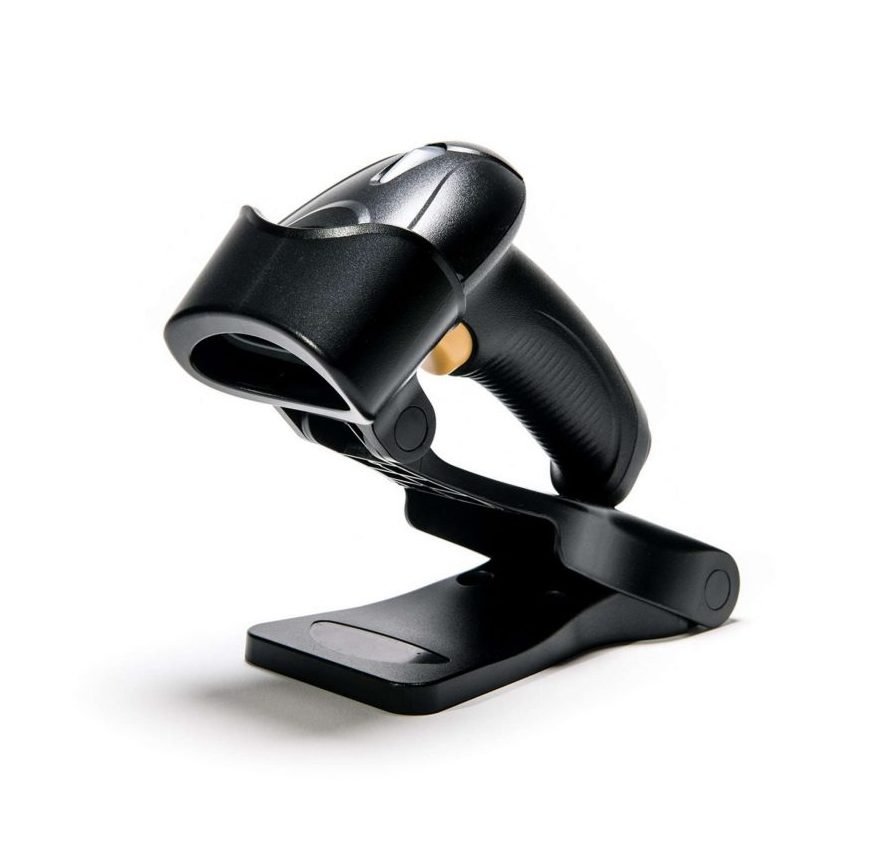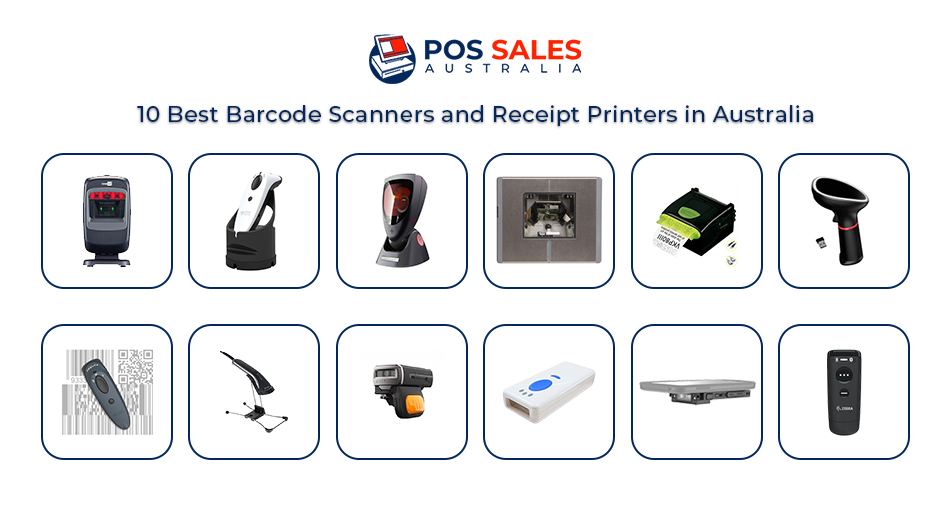Durable Barcodes Scanners Built for Industrial Needs
Durable Barcodes Scanners Built for Industrial Needs
Blog Article
Selecting the Right Barcode Scanner for Your Company Needs
Selecting the appropriate barcode scanner for your business calls for a nuanced understanding of your specific functional requirements and ecological conditions. Aspects such as scanner kind, rate, and compatibility with existing systems play a pivotal duty in determining the appropriate choice. Furthermore, considerations around longevity, connection, and the complete expense of possession can dramatically affect long-term effectiveness. Understanding these aspects is necessary, yet lots of companies forget vital elements that could affect their general productivity. The following action in this procedure might make all the difference for your operations.
Comprehending Barcode Scanner Kind
When it concerns choosing a barcode scanner, comprehending the numerous kinds available is critical for conference specific company requirements. Barcode scanners can be categorized into several types, each created for various applications and settings.
Portable scanners are the most common, using transportability and simplicity of use, making them suitable for retail and stock monitoring. They normally link through USB or Bluetooth, providing flexibility in operation. Fixed-mount scanners, on the various other hand, are designed for high-volume scanning applications, typically found in production line or check out counters. These scanners are placed in a stationary placement, enabling quick scanning of several items one by one.
Another type is the mobile computer system, which incorporates scanning capacities with computing power. These devices are excellent for area procedures or storage facility administration, allowing information collection and real-time supply tracking. Furthermore, there are commercial scanners that are constructed to stand up to harsh settings, such as severe temperature levels or direct exposure to dust and moisture.

Trick Attributes to Think About
What important functions should organizations prioritize when choosing a barcode scanner? Most importantly, scanning speed is important, as faster scanners improve operational effectiveness, particularly in high-volume settings. The scanner's capability to check out different barcode formats is also vital; ensure it supports preferred kinds like QR codes, UPC, and Code 128 to accommodate diverse supply things.
Durability is another key attribute, especially for companies in rugged setups. Seek versions that are developed to endure drops, dust, and wetness. Furthermore, consider the connection choices available; whether you prefer USB, Bluetooth, or Wi-Fi, the ideal connection can improve integration with existing systems.

Examining Your Company Setting
To successfully pick a barcode scanner, companies must take stock of their specific operational setting. This evaluation includes evaluating the physical design of the work space, the nature of the products being scanned, and the common conditions under which scanning occurs. For example, a retail setting may require portable scanners that can quickly refine purchases at the check out, while a stockroom setup might take advantage of ruggedized scanners designed to withstand harsher conditions.
Furthermore, think about additional resources the volume of scanning called for. High-throughput settings might demand innovative scanning modern technologies, such as fixed-position scanners or smart phones that can operate successfully in busy circumstances. The integration capacities with existing supply administration systems also play a vital role; make anchor sure the chosen scanner can flawlessly attach with software program platforms being used.
Additionally, assess the capacity for growth and scalability. A scanner that meets existing demands might not suffice as organization expands. By thoroughly analyzing these elements, companies can choose a barcode scanner that not just satisfies immediate requirements but likewise sustains long-term functional efficiency and versatility. This critical strategy ultimately adds to smoother procedures and boosted productivity.
Budgeting for Your Scanner
Having actually analyzed the functional environment and recognized the specific requirements for a barcode scanner, the following step includes careful budgeting to guarantee a wise financial investment. Establishing a spending plan starts with establishing the general costs related to the scanner, including initial acquisition rate, functional costs, and potential maintenance fees.
When picking a barcode scanner, take into consideration the variety of offered options, from handheld tools to fixed-position scanners, as rates can differ dramatically. It is vital to stabilize cost with capability; choosing a much more affordable design may bring about increased functional inadequacies if it does not satisfy your service demands.
In addition to the equipment, factor in expenses associated to software, training, and potential upgrades. While it may be alluring to minimize upfront expenditure, spending in a high quality scanner that lines up with your operational requirements can yield lasting savings through boosted efficiency and decreased downtime.
Last but not least, consider the complete price of possession, which encompasses the scanner's life-span and possible resale worth. By meticulously planning your budget plan, you can make certain that your investment in a barcode scanner will enhance your functional performance and financial performance.
Integration With Existing Solution
Integrating a barcode scanner with your existing systems is vital for optimizing its performance and making certain seamless operations. barcodes scanners. A well-integrated scanner boosts process effectiveness, minimizes errors, and increases data handling. When selecting a barcode scanner, take into consideration compatibility with your existing software application and equipment infrastructure, including your browse around this site supply management systems, point-of-sale (POS) systems, and venture resource planning (ERP) options
Examine whether the scanner makes use of common procedures such as USB, Bluetooth, or Wi-Fi, which can assist in very easy combination. Additionally, assess whether the scanner's software program uses APIs or SDKs that permit customization and assimilation with exclusive systems. This is specifically essential for organizations with unique functional needs.
As your service expands, your systems must be able to fit added scanners and take care of raised data volumes without substantial reconfiguration. Eventually, investing in a barcode scanner that flawlessly integrates with your existing systems will produce long-lasting benefits, enhancing precision, performance, and overall performance within your operations.

Final Thought
Finally, selecting an ideal barcode scanner requires an extensive analysis of numerous variables, including scanner types, necessary features, and the specific company atmosphere. Appropriate budgeting for both purchase and operational prices is essential, together with making certain compatibility with existing systems. By meticulously thinking about these components, services can enhance performance and performance, ultimately resulting in improved operational outcomes. The right barcode scanner works as a vital device in enhancing procedures and facilitating effective stock management.
Report this page